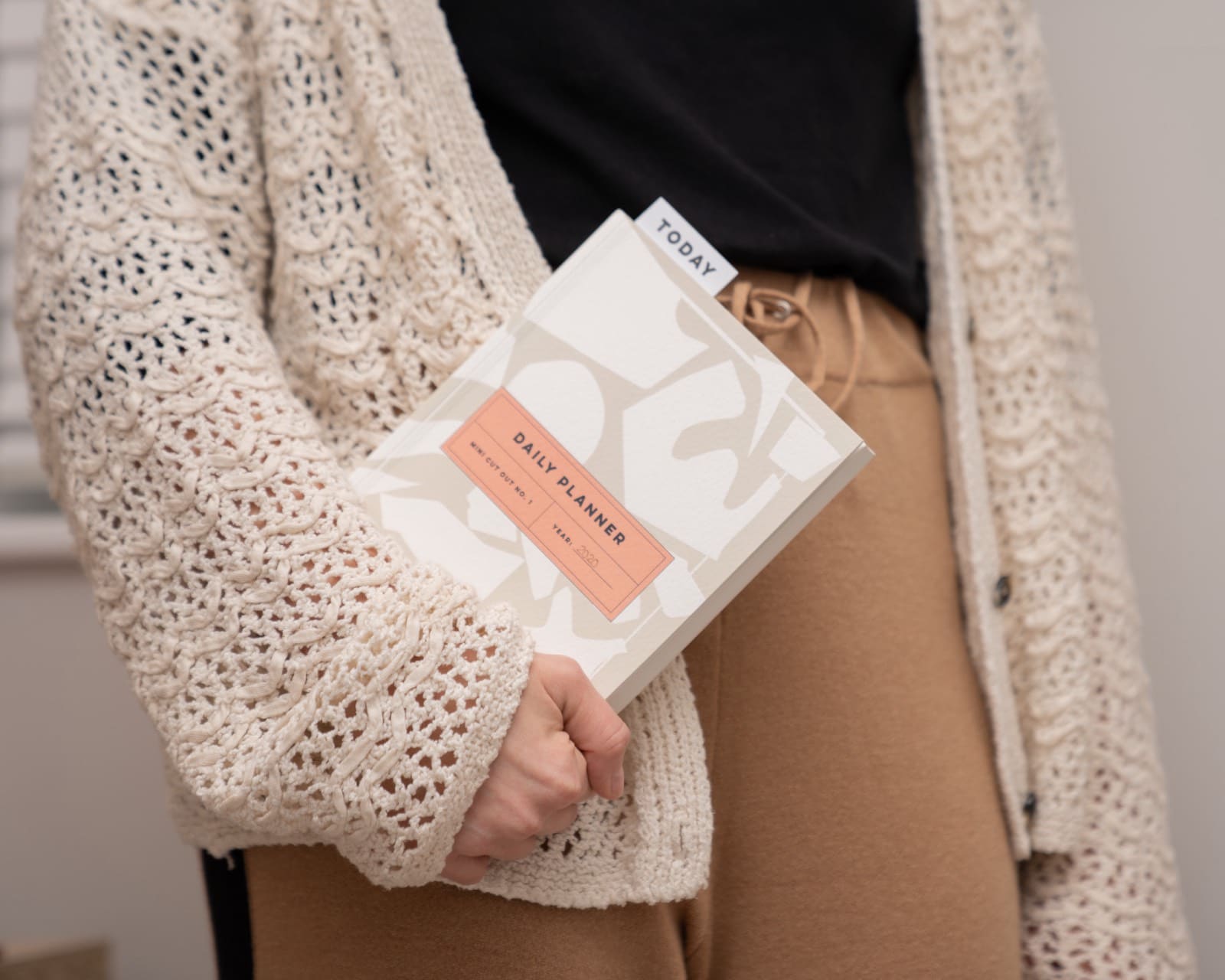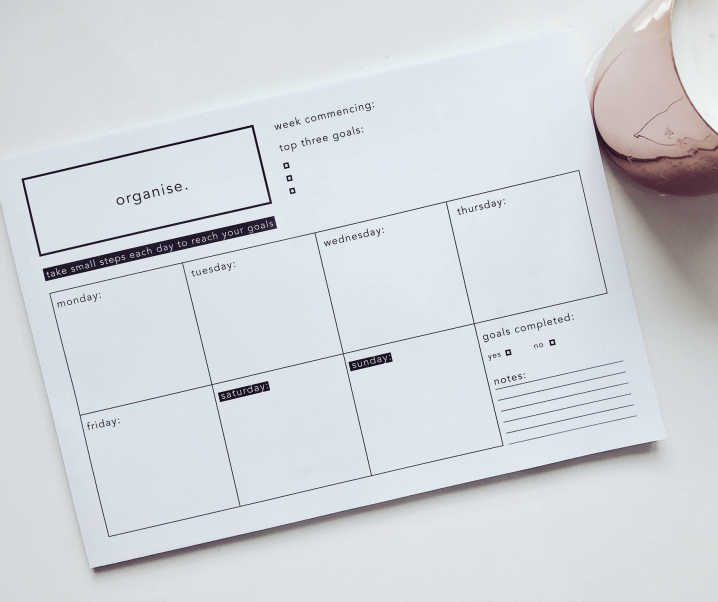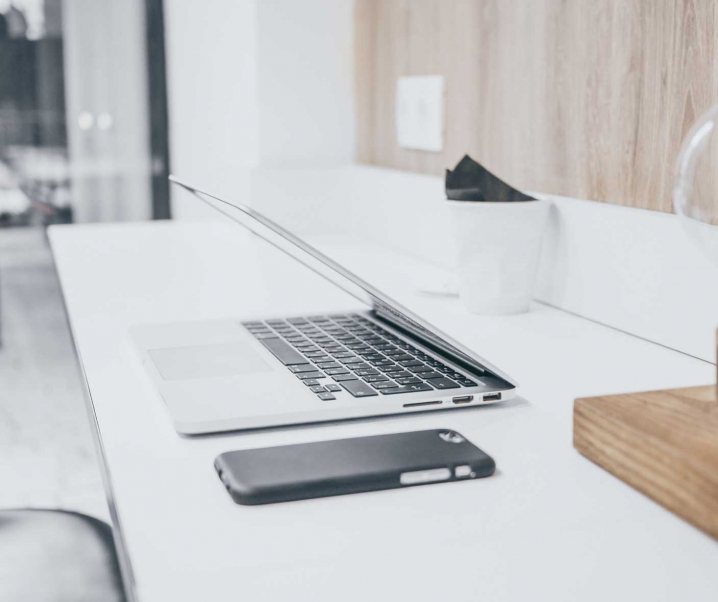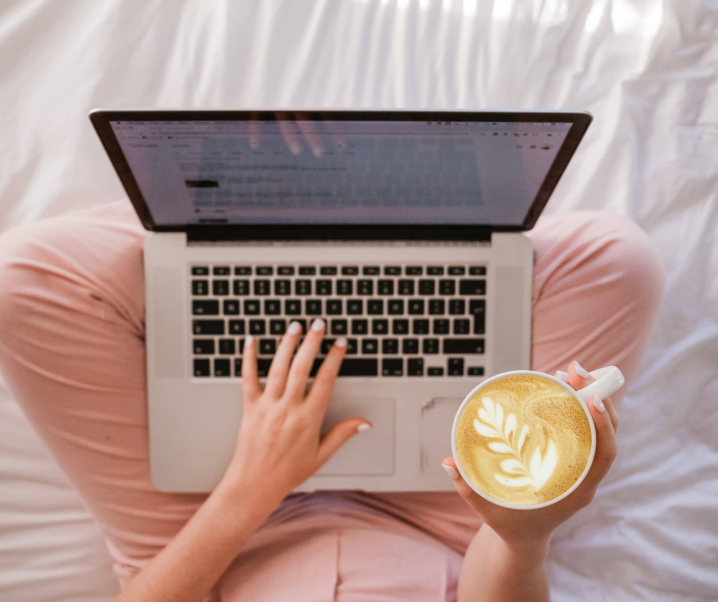At 22 weeks pregnant, now seemed like a good idea to start looking into how to take maternity leave when you’re a freelancer.
Freelancing – or being self-employed – and maternity leave isn’t something that’s widely talked about. I think that’s because many parents choose to re-assess their career choices after giving birth and look for a more flexible approach.
I’ve been a huge advocate for freelancing for a long time. I’ve seen the politics involved in taking maternity leave in an employed position and while yes, the pay is often better, the structured approach doesn’t work for me. That’s not to say it doesn’t work for others.
I wanted to write this post mainly because there’s not a lot of information out there for pregnant women who are also freelancers. It’s important that we know our rights and how we can manage our time and money during this transition.
My plan
Let’s start by chatting through my ‘plan’. I’m putting plan in inverted commas because it’s subject to change and that’s the beauty of both myself and my husband being freelancers.
My regular clients have asked me what my ‘plan’ is so I felt it was time to write something down so we can begin the process of getting structure in place for when I stop working.
At the moment, I plan to stop working mid-October. I’m due early November. This gives me enough time to wind down before giving birth but not too much time that I start getting bored. That’s the sweet spot for me. I’m an organised person, so when I say there won’t be anything to do in the two weeks before I give birth I really do mean it.
I remember when I got married people laughed when I said the morning of my wedding would be chilled. “You just don’t know what it’s like on the day of your wedding,” people would say.
Of my downfalls, being flustered isn’t one of them. In fact, the bigger the situation (getting married, giving birth) the less flustered I get. Give me a traffic jam when I’m late for a meeting, that’s a different story.
Anyway, I digress, limiting my time off pre-birth is right for me. It might not be right for everyone, I appreciate that. It’s also worth mentioning that this is best-case scenario. It’s assuming that my pregnancy continues in the same way that it has so far. I’m realistic and flexible about the fact that things could change.
I plan to have until after Christmas fully off work and then in January I’ll start working again part-time – a maximum of 1-2 days per week. This will change to 3-4 days in late 2021.
I’m lucky that I have flexible clients. Most of my work doesn’t require set deadlines, so I can just get on with it as and when I can.
With my husband being self-employed he will take a half a day here and there and we’ll muddle through the time together. Of course, I’m not naive enough to think our plans will definitely work – it’s impossible to really know how we’ll take parenthood – but I think it’s important to have at least some sort of plan as a freelancer.
Your clients
A pitfall of freelancing is that you can’t force your clients to re-hire you after you’ve finished your maternity leave. There’s not usually a contract set in place and most companies will have to find another freelancer to replace you.
Building strong relationships and being upfront and honest is a good step in the right direction, though.
Tell your clients you’d love to be considered in the future. Make sure you let them know when you plan to come back to work and follow up with them as your maternity leave draws to an end. This is a little trickier if you mainly do project work, but because I work on a couple of long-term retainers, this transition and relationship is stronger.
If you do mainly project work, I’d imagine you still have a fair few regular clients who call upon you as and when they need your services, so you can still let these people know your proposed time off and when they can expect to reach you for work again.
If you’re a freelancer and thinking of starting a family, I’d really recommend joining Hoxby. Around 50% of my wage comes from ongoing work on this exclusive freelancer platform and I’ve been working on a great project with Unilever for the past 18 months because of it.
When I told them I was pregnant the first thing they said (after congratulations) is that I’m welcome to return to my role whenever I’m finished with my maternity leave. There was no pressure, no hidden agendas.
That’s rare in freelancing, not because companies don’t value the work you’re doing, but because they do have to replace you and as we know, you’re not employed by these companies.
What you’re eligible for from the government
Maternity Pay (MA) is available to a large number of eligible freelancers in the UK provided you were employed (or self-employed) for at least 26 weeks out of the 66 weeks before the birth, and earned more than £30 a week.
MA is £151.20 per week for up to 39 weeks, or 90% of your average weekly earnings if less. You will then be entitled to £27 a week for up to 14 weeks. The allowance is paid direct by the government every two weeks or every 4 weeks in arrears, Freelance UK explains.
The section on maternity pay on the government website highlights your rights pretty extensively, so any questions you have should be answered on there.
A couple of things to note:
- You can start claiming these benefits 11 weeks before your baby is due.
- You can’t work while claiming these benefits, although I think I’m right in saying you can work 10 “keep in touch” (KIT) days during this time. That’s a good opportunity to remind your clients that you’re still about, should they need your services.
Taking the pressure off
I’m lucky enough to be interviewing a whole gang of pregnancy experts at the moment for Yahoo UK, so I’ve learnt a lot about how it feels to be in the newborn bubble.
Of course, no amount of reading and listening can prepare you for the real thing, but if there’s one piece of advice that keeps being given to me by professionals it’s that you need to prioritise your self-care in the first few weeks.
In Asia, women go to bed for 40 days after they give birth. They’re fed and they are given massages every day. It’s quite a different story in the UK but please, don’t get sucked into this stupid bubble of needing to do everything immediately.
If you don’t want to see your friends and family straight away that’s totally ok, if you want to just sleep at any given opportunity, that’s totally ok. Unless you feel like you’re up to it, you don’t need to commit to anything and that’s definitely something I’ll be taking on board.
Like I said, it’s impossible to know how you’re going to feel. It’s probably really hard even if you’ve already had children because you never know how this one will affect you differently. Just be very flexible and open to letting your body and baby dictate this time in your life and don’t feel the need to ‘bounce back’ at the same rate as somebody else.
If you’d like to read more about my pregnancy so far, I detailed what it was like to find out I was pregnant at the beginning of a pandemic.















